Spherico's Bleeding Disorders Campaign Helps Navigate the Future
Authenticity and humanity are key

For a rare bleeding disorder, competitive products to assist these patients are now crowding the market. So when Spherico, a division of GSW sat down with client Takeda, which holds a sizeable portfolio in the space, the remit became two-fold: to create a campaign that elevates Takeda as a thought leader in this sector while offering insight for population-health decision makers into a disorder filled with complexity.
During the concept phase, Spherico quickly landed on the idea of placing people on maps, and thusly “Navigating the Future” was born. The art is just that—embedding people into maps, all hand-drawn, that have the look and feel of something from long ago.
Spherico worked with Welsh artist Ed Fairburn, who has a collection of 100, 200 and 300-year-old maps that he works with. Within the creative’s charm, Wayne Fassett, group creative director at Spherico, points to the meaningfulness of the campaign. The metaphor for navigation and the different challenges that each individual experiences is key.

Fairburn’s artwork, he says, holds equal measures of authenticity and humanity.
“People really responded to it,” says Fassett, adding: “I think the appreciation comes from it being generational—bleeding disorders are often genetic.” Fassett also emphasizes that “Navigating the Future” also “implies the relationships patients want to have and how important those are in life.”
“Navigating the Future” lives in presentations and banner ads at conventions. Critically, they reside on videos and visual aids designed for health decision-makers, like insurance companies, hospitals and healthcare systems, that decide what products to use. “We want to be one of those products available when patients need them,” underscores Fassett.
He perceives the campaign to be a unifying effort for Takeda. One that reflects their corporate goals of putting patients first so every discussion builds trust and reinforces their reputation as a leader in this category.
“Takeda has been doing this for so long, but it was important for them to be part of an area they are so committed to,” says Fassett.

He speaks to the importance of working arm-in-arm with the company to ensure the strategy and concepts reflect what Takeda stands for. To use the knowledge they have to help people.
“To us it’s less about over-the-top marketing and more about sparking—and continuing—conversations,” adds Fassett.



 Events
Events
